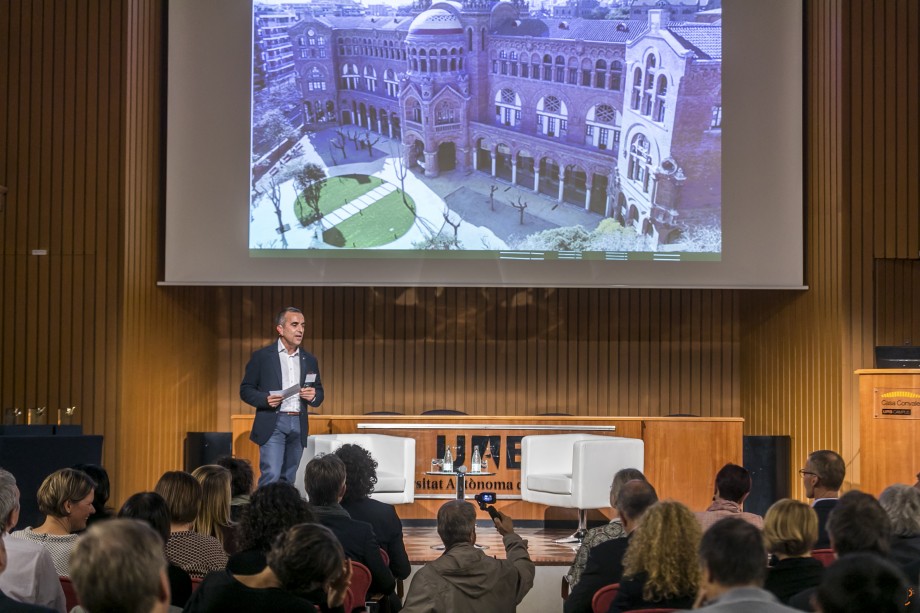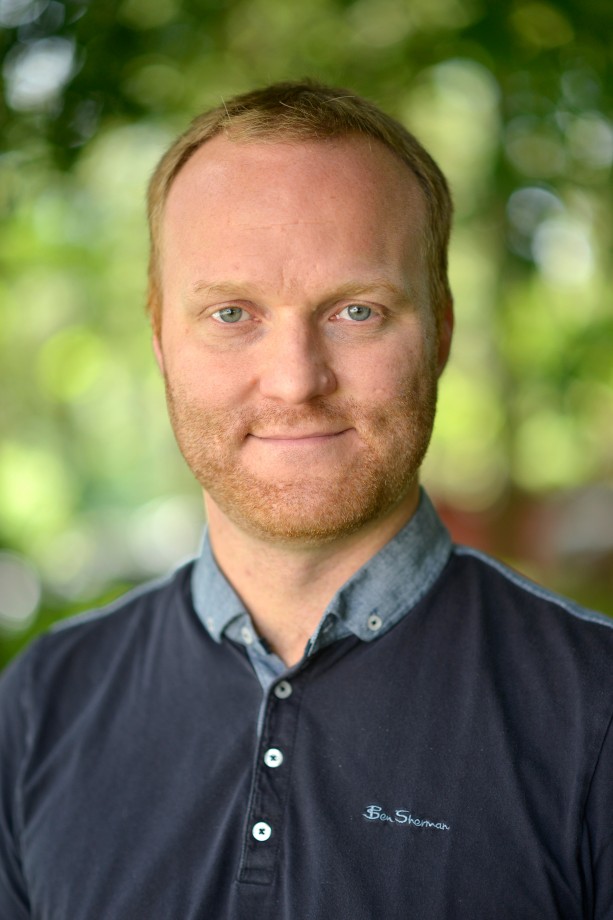Not all regions are like Silicon Valley, and not all universities can or should be like Stanford. Universities play various roles in regional restructuring and development.

Seven European universities have investigated how universities and companies can work together so that regions will be able to manage future restructuring. Norway isn’t alone in experiencing restructuring challenges. While we must find alternatives to replace the oil and gas industries, other European regions are facing various forms of restructuring, as many traditional industries are losing competitiveness.
The role of universities is changing
The role of universities in regional development depends on the challenges facing the region. The transition to new industries requires a different approach than the development of existing industries. So, how can universities help regions to restructure?

Traditionally, universities have provided knowledge, research and education to develop new industries.
Now, however, universities need to take a leading role in restructuring. According to Rune Dahl Fitjar, Professor and Pro-Rector of Innovation at the University of Stavanger, universities must be in the driving seat when regional innovation policy is developed. They must work at system levels and be part of creating strategies that lead the region into the future.
Participation of European regions
Fitjar has led the large, EU-funded research project called RUNIN (the Role of Universities in Innovation and Regional Development). The project started in 2016 and is now coming to an end.
Seven European universities have participated: Aalborg (Denmark), Linköping (Sweden), Lincoln (United Kingdom), Universitat Autònoma de Barcelona (Spain), Aveiro (Portugal), Twente (Netherlands) and University of Stavanger.
All the universities, apart from Lincoln, are members of ECIU, a network of innovative universities in Europe. These universities are characterised by close ties to industry and ambitions to contribute to regional development and innovation.
In addition to the universities, regional development stakeholders from all seven regions have participated in the project.
Investigating from multiple perspectives
The relationship between the universities and their regions is a major field of research, and RUNIN also has a broad and interdisciplinary perspective. “We see the issues from the points of view of the universities, the industries and the regions. The project includes researchers that work within the fields of innovation studies, entrepreneurship, higher educational studies and regional studies, and with disciplinary backgrounds in economics, management, geography, political science and sociology”, Fitjar explains.
Driving forces behind regional development
An important question for European universities is how they can contribute to regional development. RUNIN has been working hard to answer this question.
A total of 14 doctoral research fellows working on 14 different projects are participating, three of which are affiliated with UiS. The doctoral research fellows are doing their degrees at their respective universities, but several of them have internships at or are even employed by regional development companies in their regions. The doctoral research fellows also take part in two exchange periods at other universities or regional development companies in the network. “The doctoral research fellows work closely with the regional development stakeholders, which strengthens the practical relevance of the research”, Fitjar explains.
Renewing research education
One of the 14 doctoral research fellows is Saeed Moghadam Saman from UiS. He has been researching how, during the course of a PhD, one can prepare students for work outside academia, both in the business and public sectors.
He has found that the non-academic sectors and academia must go hand in hand when facilitating an education of this nature.
“It is important to develop business skills in parallel with academic skills because they relate to each other. For example, generic skills courses would be more effective if developed at faculty level rather than at university level. This is because faculties can adapt generic knowledge in accordance with the academic field. This will provide greater opportunities for academic success in working life”, says Saman.
Fitjar explains that there is a strong increase in demand for research expertise in both the business and public sectors, and they increasingly want to employ people who have PhDs. “This means that we have to think in a slightly different way when developing a PhD programme. It can’t simply be based on learning how to publish articles”, Fitjar explains.
Funding and building networks
“A researcher needs to gain expertise as a project manager regardless of whether he or she works in academia or in other sectors; he or she needs expertise in obtaining funding, in communicating and sharing the knowledge he or she has, and building networks. Research requires a fairly wide set of skills that really stretches far beyond what we tend to teach our doctoral research fellows.”
Therefore, the doctoral research fellows that are part of the RUNIN project have been on eight weeklong courses, involving a broad programme of topics such as communication, dissemination and collaboration. They have faced challenges and worked on practical issues, such as how one can shape innovation policy in a particular region.
“It has been our ambition to increase requirements regarding new types of skills in our own PhD programmes, and to help renew research education at these seven universities”, says Fitjar.
Collaboration using different perspectives
The three doctoral research fellows affiliated with UiS have focused on how companies and universities can collaborate with each other, but from different approaches and points of view.
In addition to Saman, who has focused on how research education can meet society’s needs, Utku Ali Rıza Alpaydın has focused on collaboration from the perspective of companies. This work is based on a survey of companies that collaborate with universities. The survey involves companies throughout the whole of Norway, and he has mapped out how companies collaborate with universities. He has found that companies collaborate with universities in many different areas, not only related to research, but also across a wide range of educational programmes and through more informal channels.
Kwadwo Atta-Owusu has focused on collaboration from the perspective of universities. This research is based on a survey that involves scientific staff at several of the ECIU universities. He has focused on how many of our employees collaborate with external stakeholders outside academia. His research revealed that a very large proportion of the scientific staff collaborate with the business and public sectors, and/or NGOs.
Expanding the concept of innovation
Collaboration between universities and stakeholders from the business and public sectors is important in order to develop regions and to create innovation that can contribute along the way.
According to Fitjar, this means that we need to expand the understanding of how universities contribute innovation and equate the different paths that lead us there. Innovation does not only happen through commercialisation of research, but also through contributions to innovation in existing businesses and public authorities.
“When one measures universities’ contribution to innovation, one often limits oneself to what universities themselves innovate. Therefore, one overlooks what others innovate based on the knowledge the university provides. University researchers who collaborate with established companies help make the companies more innovative. Therefore, whether it is ourselves or others who innovate, we still fulfil our social responsibility”, says Fitjar.
Regardless, a culture change is required in order for universities to take a more active role as driving forces of regional development.
“Universities must deal with higher expectations, not only in relation to the production of new knowledge, but also in relation to using a wider range of knowledge. Our contribution to society isn’t just about technological research that leads to commercialisation, but also about the knowledge required to think strategically on behalf of the region and society”, says Fitjar.
Text: Benedicte Pentz